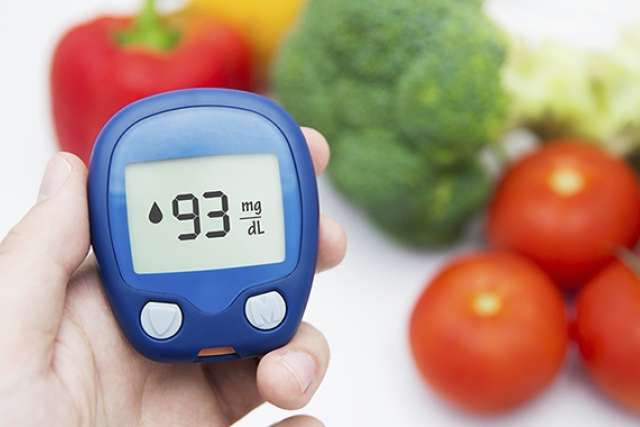Let’s be honest. Nearly everyone has a health-related resolution for 2018. But with diabetes a growing epidemic and one of the leading causes of death in the country, it is especially important that diabetics - already more than 10 percent of the population -- make a commitment to improving their health this year.
“Diabetes doubles the risk of cardiovascular disease and can cause kidney failure, blindness and other serious health conditions – and even death,” says Dr. Susan Ahern, endocrinologist at UCLA Health Ventura. “Proper management of the disease can make a real difference in the overall health and well-being of people with diabetes. Even small changes can be meaningful as long as they are made consistently.”
Since specific resolutions make follow-through more likely, Ahern suggests five ways that people with diabetes can improve their health this year:
- Know your hemoglobin A1C number and commit to maintaining it. The hemoglobin A1C test reflects your average blood sugar levels during the previous three months. If your number is above the recommended 7 percent, there are actions you can take: decrease your carbohydrate intake, increase physical activity, or adjust your diabetes medications with the help of your endocrinologist. The key is recognizing that you play an active role in your disease management.
- Cut portions in half. Many diabetics have already made positive changes to their diets such as eliminating soda and cutting out simple carbohydrates. Now try a next step -- consider eating only half the portion of your meal several times a week, or at least when dining out. Drinking a glass of water after you finish half of your meal and then waiting 5 minutes can often make you realize that you are already satisfied. Try it and see.
- Stay current on yearly screenings. Call your doctor’s office to schedule your annual diabetic retinopathy eye screening and kidney function tests. At home, check your feet regularly for sores or wounds that are not healing well. Call your doctor if you see or feel anything unusual.
- Be consistent about blood sugar checks. Blood sugar numbers taken two hours after meals can be both eye opening and helpful. If yours aren’t in the ideal range, don’t be hard on yourself. Instead, vow to use the information as a tool to change behavior: modify your diet or take some vigorous 20-minute walks. You will most likely see the benefits in future blood sugar readings, which will motivate you to continue your more healthy behaviors.
- Visit your endocrinologist. Because every patient is different, it’s important to partner with your doctor to determine what the best path to disease management is. For some people, the cost of diabetes medications is a big burden, so other strategies may need to be considered. For others, weight loss, avoiding injections, heart protective options or avoiding low blood sugar may be key factors to consider.
“Your endocrinologist wants to help create a diabetes management plan that works for you,” says Ahern. “We are invested in your good health and want to do all we can to ensure your success.”
Visit our website at UCLA Endocrinology, Diabetes & Metabolism for more information and to schedule an appointment with a UCLA endocrinologist.




